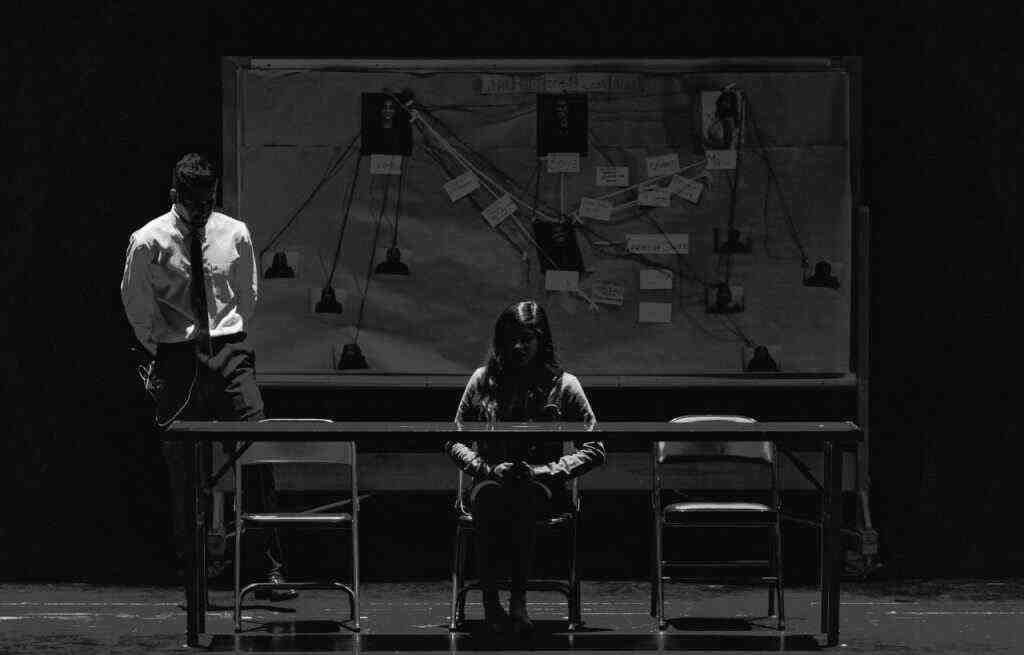Iowa Law Enforcement Agent Accused of Rogue Probe into College Dorm Betting Activity
In the realm of college sports, where passion and rivalry intertwine, a startling revelation emerged in 2024, sending shockwaves through the Hawkeye State. A law enforcement agent’s alleged rogue investigation into online betting activity within a college dormitory ignited a firestorm of controversy, raising questions about the integrity of the probe, the fairness of the ensuing legal proceedings, and the future of college sports betting.
The Allegations: A Rogue Investigation and Warrantless Surveillance
At the heart of the controversy lies Special Agent Brian Sanger of the Iowa Division of Criminal Investigation (DCI). According to a court motion filed by defense attorney Van Plumb, Sanger embarked on a questionable investigation, utilizing software to track betting activity within a freshman and sophomore dorm at the University of Iowa. While the software detected individuals opening betting apps on their phones, it could not confirm actual wagers being placed.
Undeterred by the lack of concrete evidence, Sanger allegedly pursued the investigation further, seeking permission from his superiors to continue. However, his request was denied. Defying directives, Sanger reportedly continued his surveillance, expanding the probe to other buildings, including University of Iowa athletic facilities and even Iowa State University athletic buildings, without any reasonable cause or supporting evidence.
Attorney’s Motion: Seeking Transparency and Records
In response to these allegations, Plumb filed a motion demanding additional records and information related to the investigation. He sought reports of illegal wagering filed with the Iowa Racing and Gaming Commission, internal emails discussing match-fixing, a list of university employees and students suspected of violating gambling laws, and a list of all accounts subpoenaed from gambling companies like DraftKings and FanDuel. Additionally, Plumb requested access to Sanger’s search history on Kibana, the software used to track gambling activity on betting apps.
Plumb’s motion raised concerns that the investigation may have been biased, targeting only high-profile athletes. He emphasized the need for transparency and accountability in the handling of the case, questioning why the DCI launched the controversial criminal probe and how they tracked betting activity.
The Fallout: Criminal Charges, NCAA Penalties, and Public Scrutiny
The DCI’s investigation resulted in criminal charges against several Iowa and Iowa State athletes, including the Iowa State Cyclones’ starting quarterback, Hunter Dekkers. The charges ranged from identity theft to tampering with records, sparking outrage and debate among coaches, fans, and legal experts.
Furthermore, the investigation triggered subsequent NCAA penalties, leading to the suspension of some athletes from their respective sports. These penalties effectively ended the college athletic careers of several individuals, raising questions about the fairness and proportionality of the punishments.
Concerns and Questions: Targeting of Iowa and Iowa State Athletes
The investigation and its consequences drew widespread criticism and scrutiny, with many questioning why only Iowa and Iowa State athletes were targeted. Coaches and fans expressed confusion and frustration, demanding answers regarding the initiation and focus of the probe.
Iowa State University head wrestling coach Kevin Dresser voiced his concerns, questioning who in Des Moines initiated the investigation and why Iowa and Iowa State athletes were singled out. Similar sentiments were echoed by Terry Brands, the associate head wrestling coach at the University of Iowa, who pointed out that no other Division I institution in the country had been targeted in a similar manner.
Conclusion: Unanswered Questions and the Pursuit of Justice
The allegations of rogue investigation, warrantless surveillance, and the targeting of Iowa and Iowa State athletes raised serious questions about the conduct of law enforcement and the fairness of the legal proceedings. As the case unfolded, defense attorneys continued to push for transparency and accountability, seeking answers and demanding the release of additional records. The outcome of the legal battles and the ultimate resolution of the case remained uncertain, leaving many wondering about the future of college sports betting and the rights of student-athletes.
